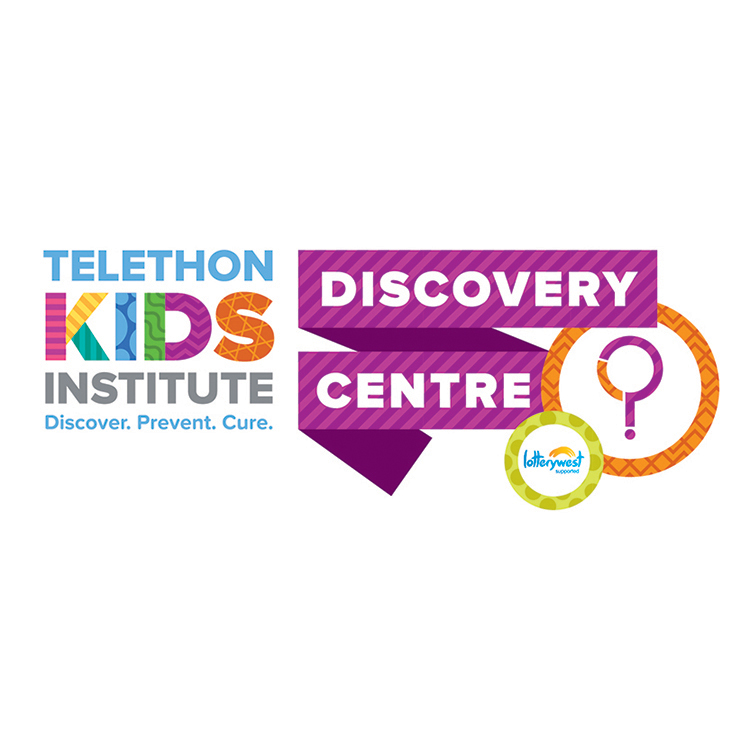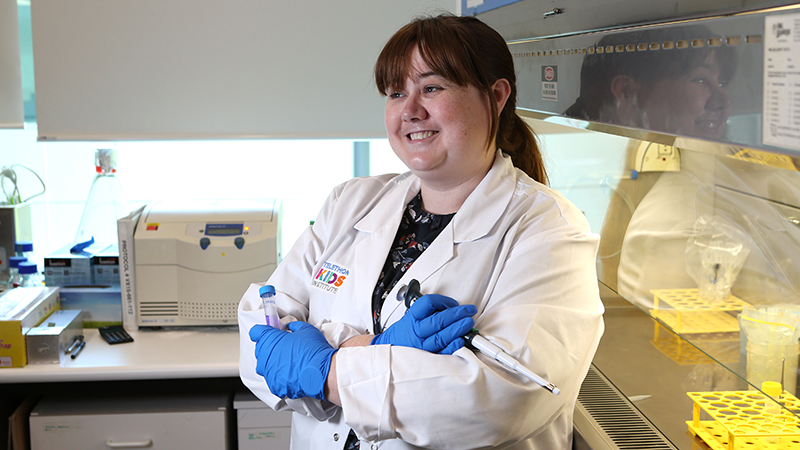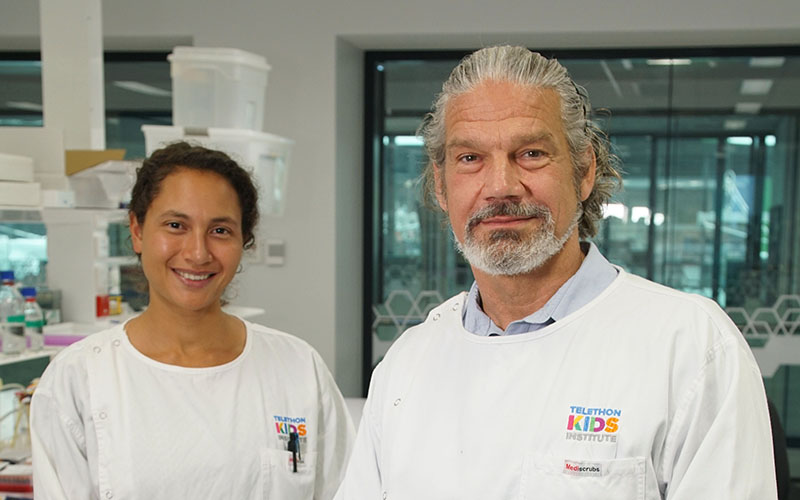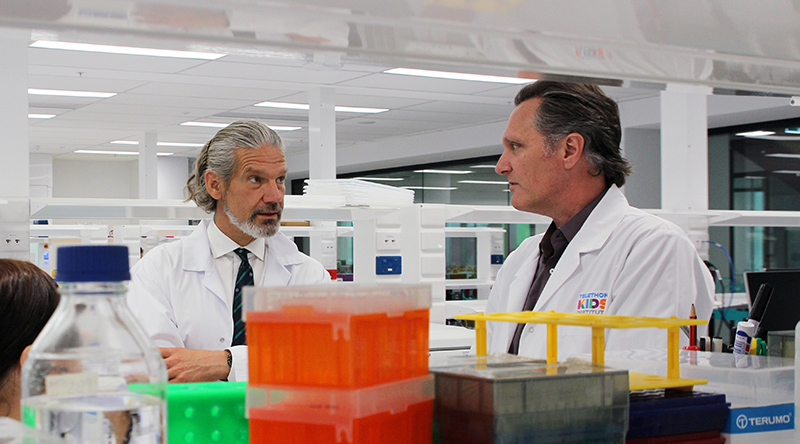Search

News & Events
Injury study aims to help frontline staff better recognise domestic violenceA The Kids Research Institute Australia research student concerned by the types of injuries he was seeing in emergency departments as a trainee doctor has spearheaded an Australia-first study.

News & Events
School excursions at The Kids Research Institute AustraliaThe The Kids Discovery Centre schools pilot program is returning in 2021!

News & Events
New project to boost global fight against malariaResearchers from The Kids Research Institute Australia and Curtin University are excited to be part of a new US$30 million global project to fight malaria.

News & Events
How summer bushfires can impact your family’s healthBushfires can have a considerable impact on our health, with some symptoms lasting long after the flames are extinguished. And our children are amongst the most vulnerable.

News & Events
Latest RSV results pave way for world-first vaccineThe Kids Research Institute Australia researchers leading the Western Australian site of a global respiratory syncytial virus (RSV) study can now fine-tune development of a world-first vaccine for pregnant mothers.

News & Events
“Natural killer” donor cells fighting kids leukaemiaNew research by The Kids shows donor immune cells are highly effective at boosting the body’s response against leukaemia.

News & Events
Self-Compassion in the wake of COVID-19 lockdownWith COVID-19 restrictions starting to lift and families resuming some level of ‘normal life’, it is natural to have mixed feeling during this time, says The Kids mental health researcher.

News & Events
The Kids welcomes passing of WA Future Fund Amendment BillThe Kids Research Institute Australia welcomes the passing of the Western Australian Future Fund Amendment (Future Health Research and Innovation Fund) Bill in State Parliament today to support health and medical research and innovation in WA.

News & Events
Researchers unlock BCG vaccine puzzle in findings that could save millions of newbornsThe Kids Research Institute Australia researchers working with a global team have identified the mechanism behind one of science’s most enduring mysteries.

News & Events
BHP commits $2.6 million to research focused on stopping COVID-19 spreadResearchers from The Kids Research Institute Australia will lead a world first trial to test the effectiveness of the drug interferon in stopping outbreaks of COVID-19 by reducing the infectiousness of people who contract the virus.
